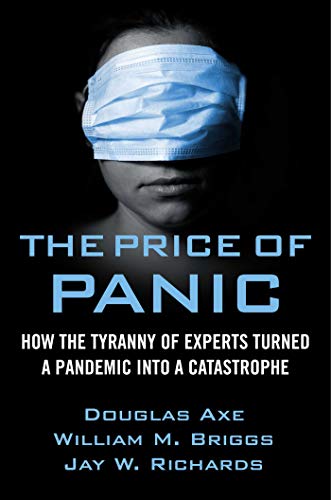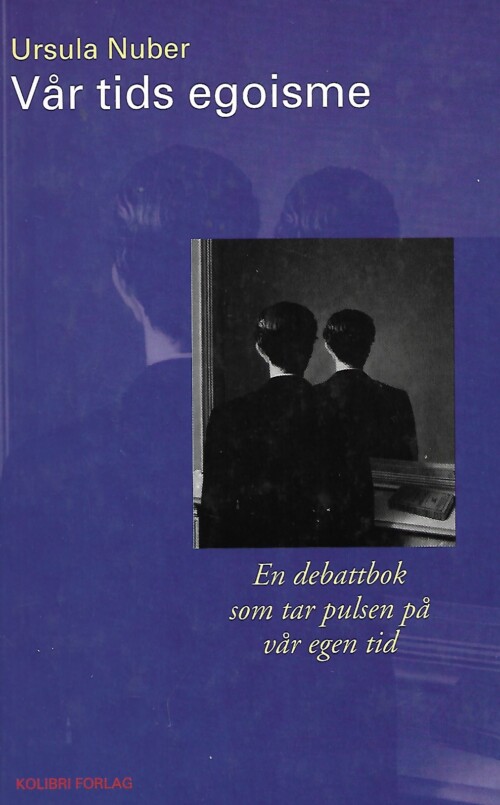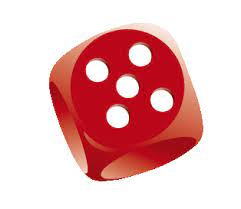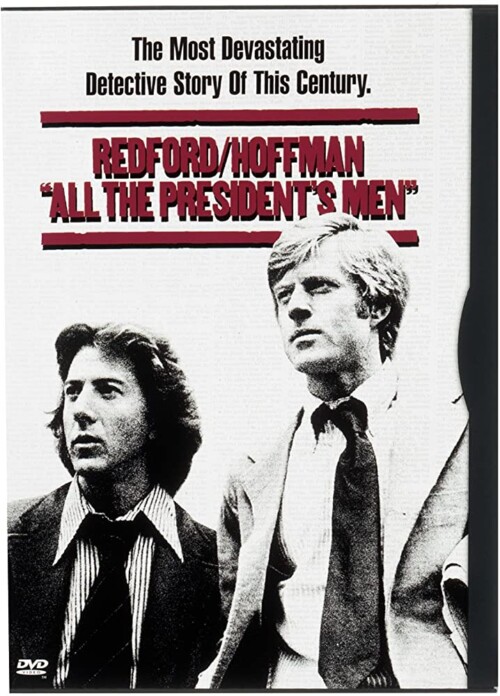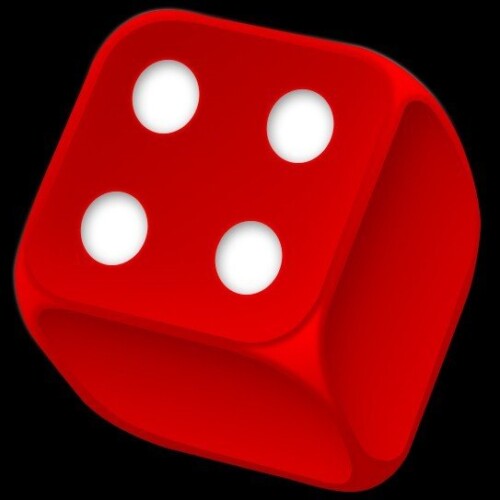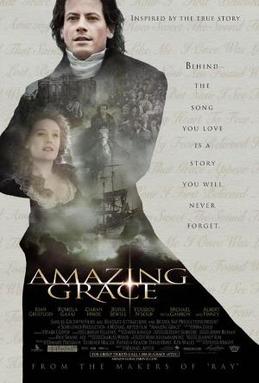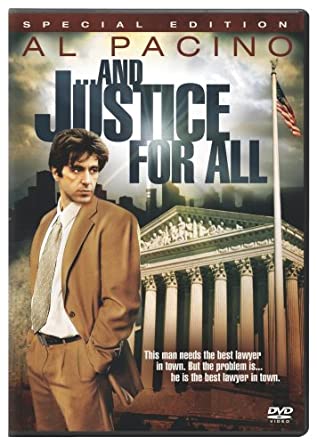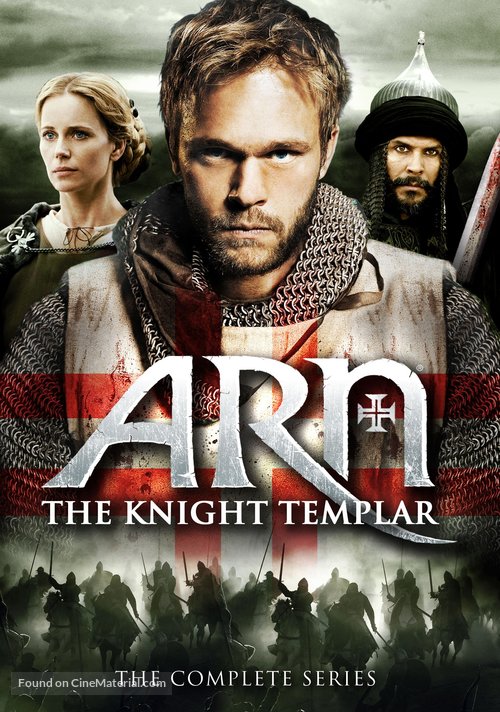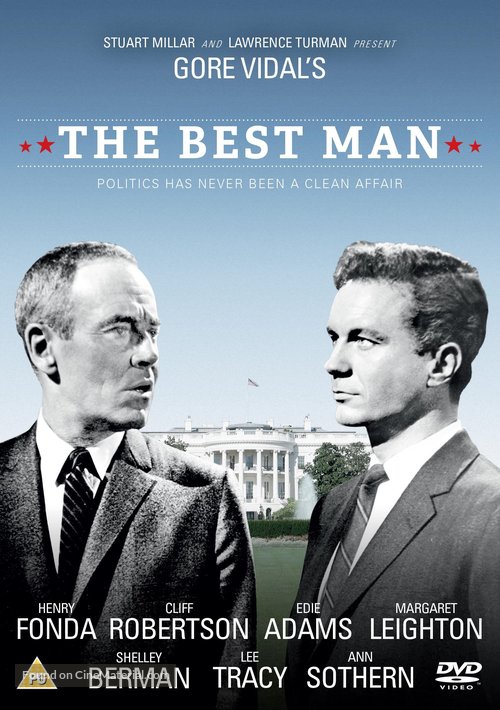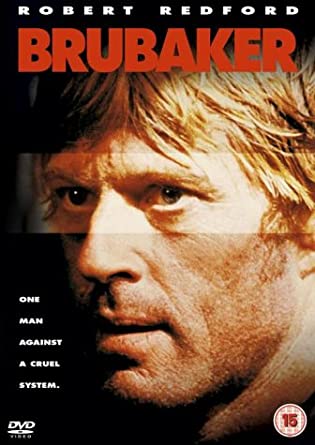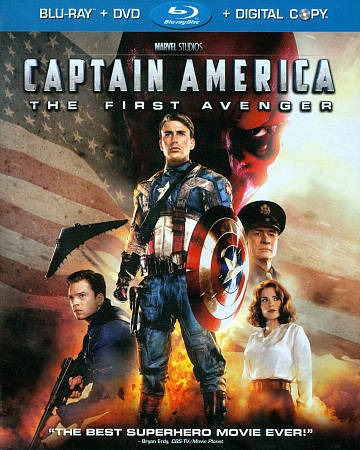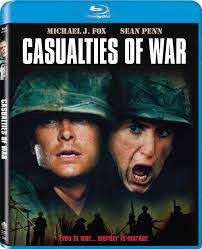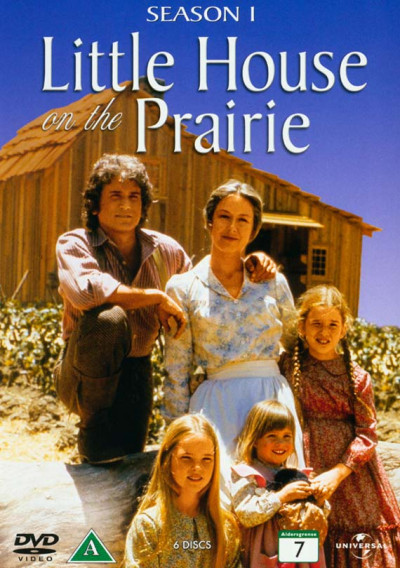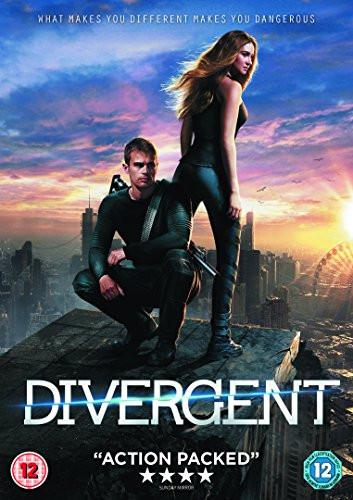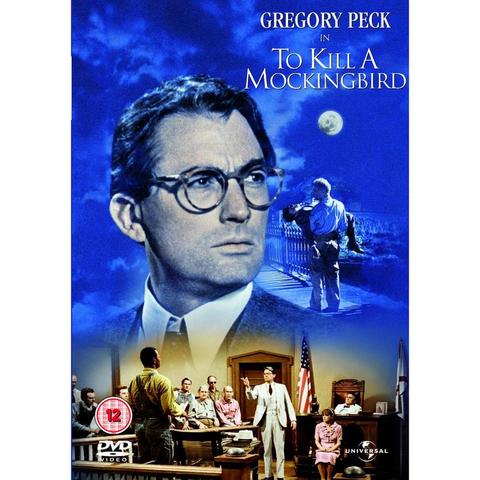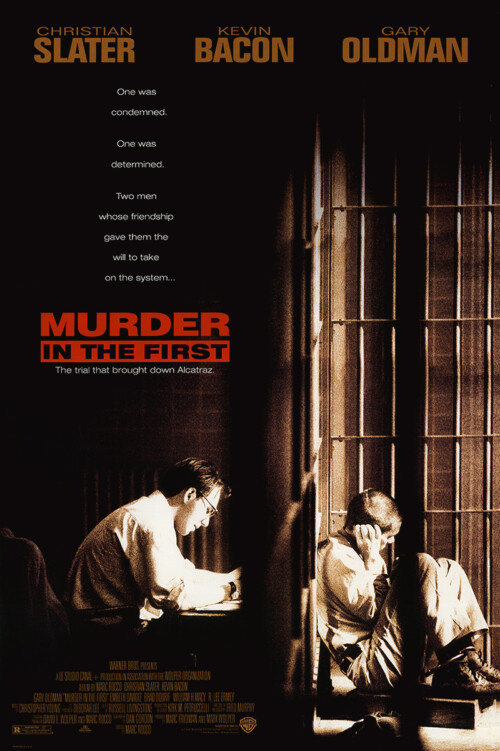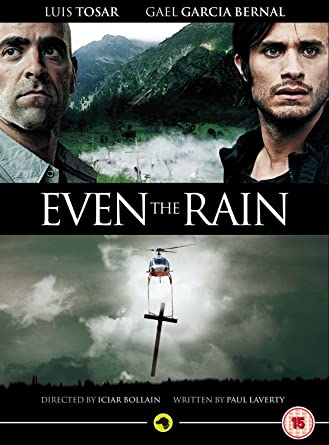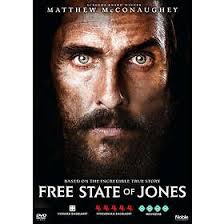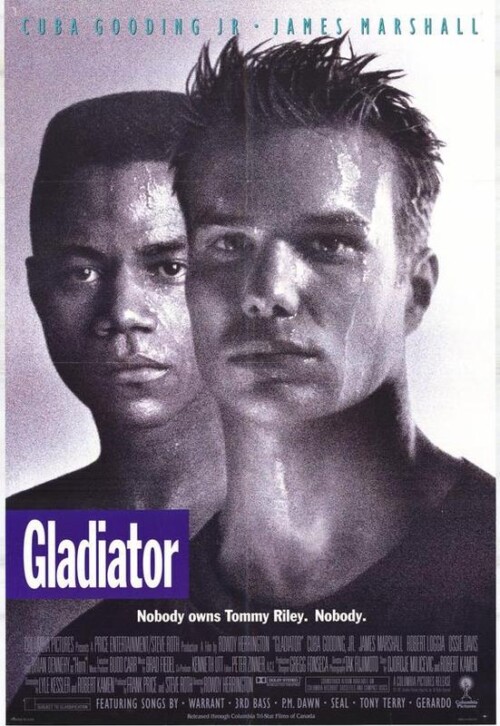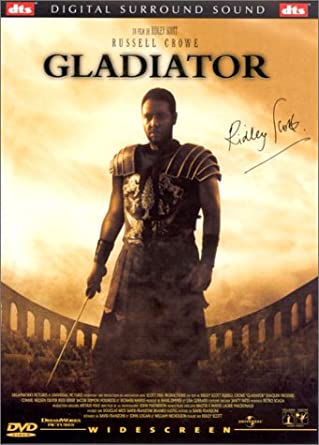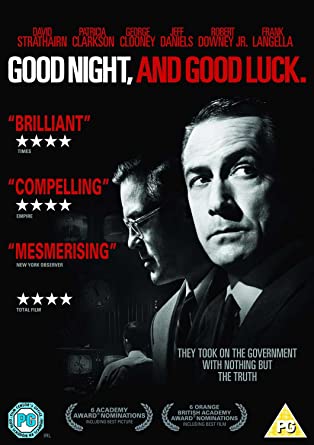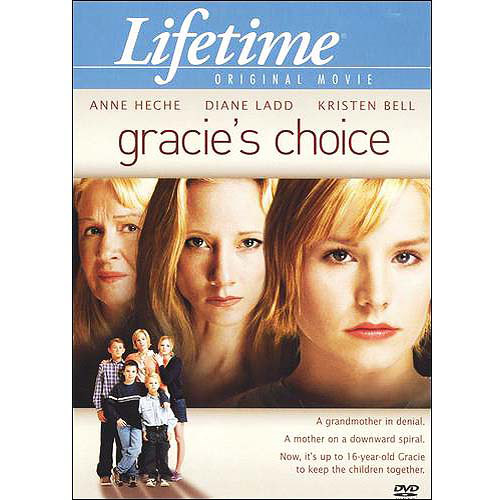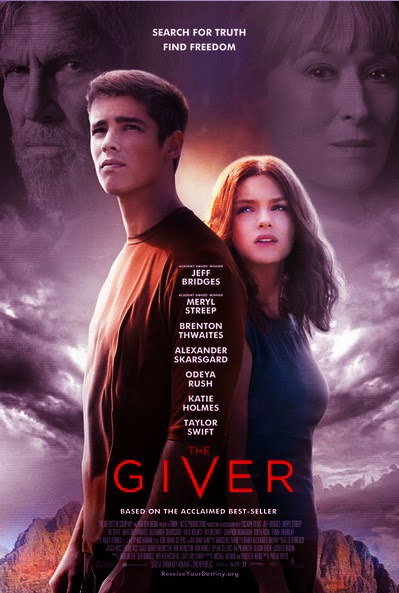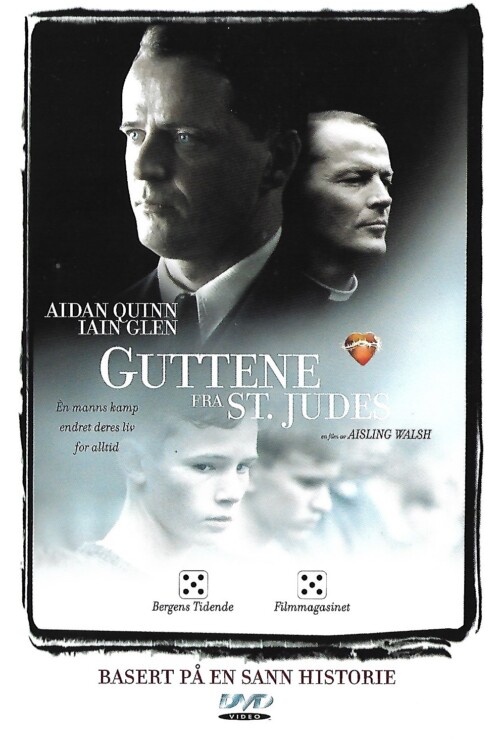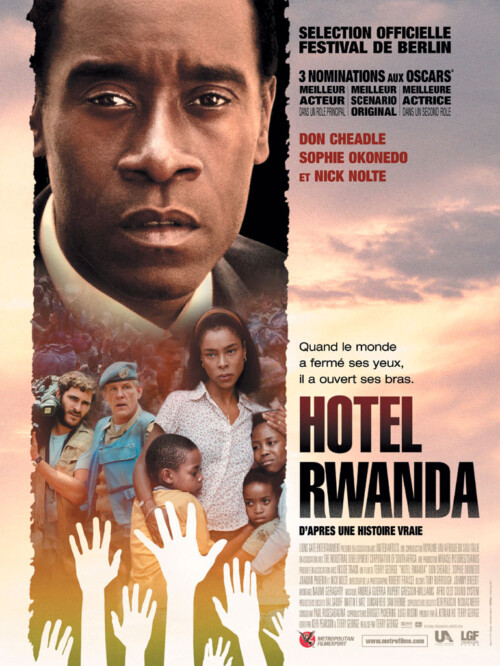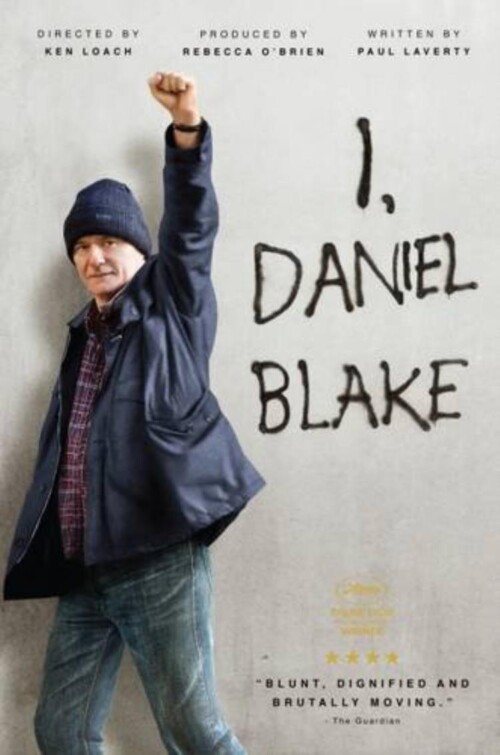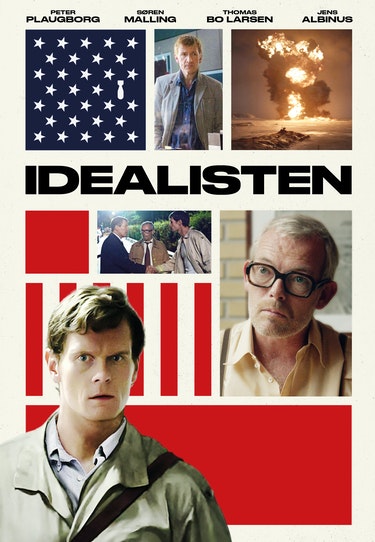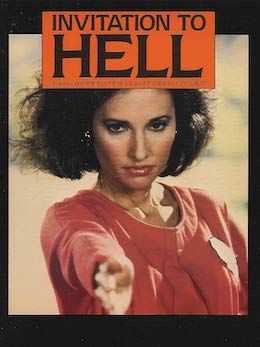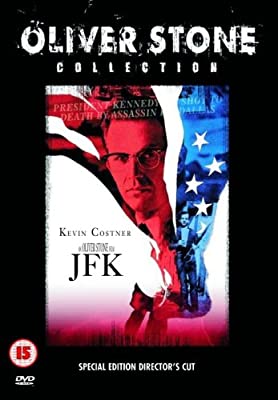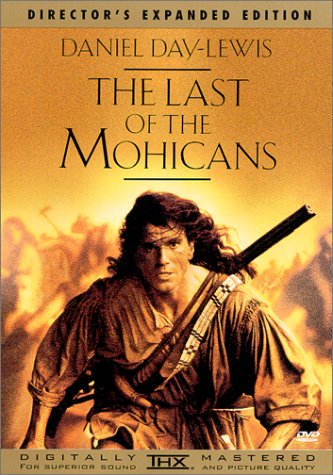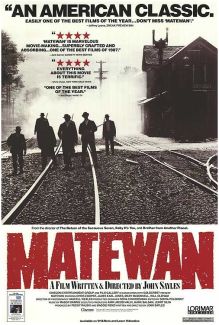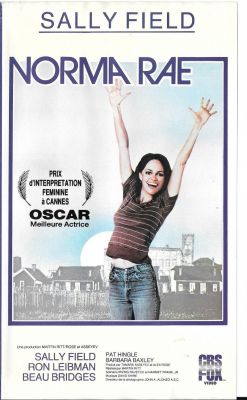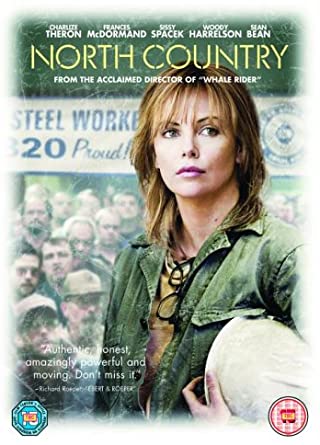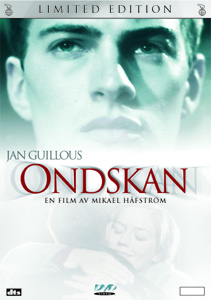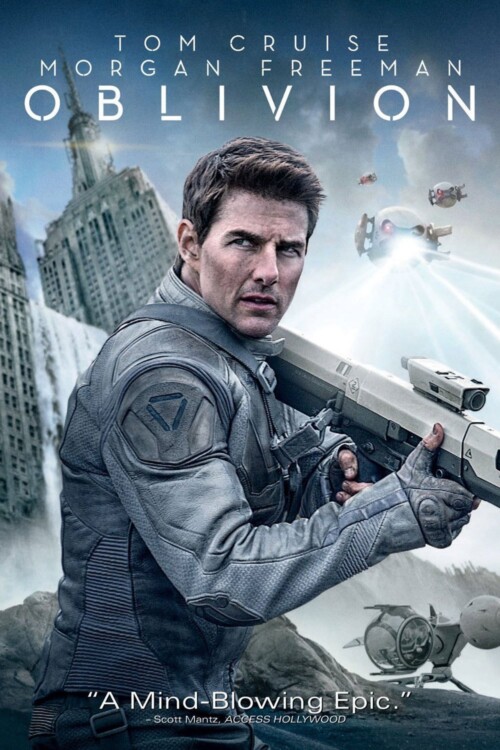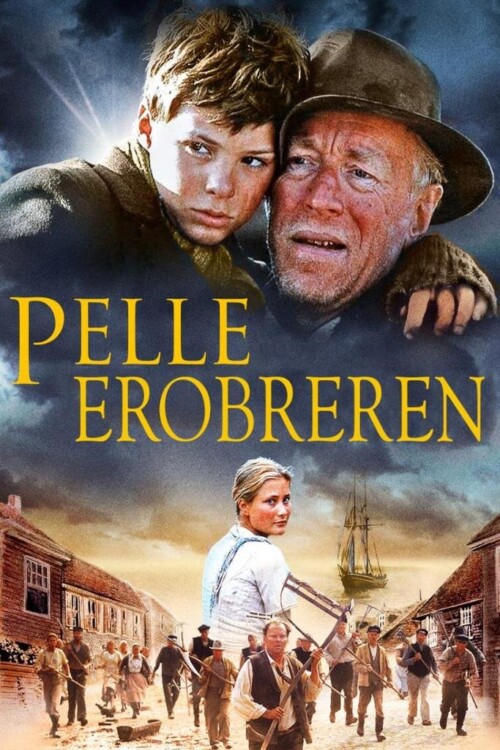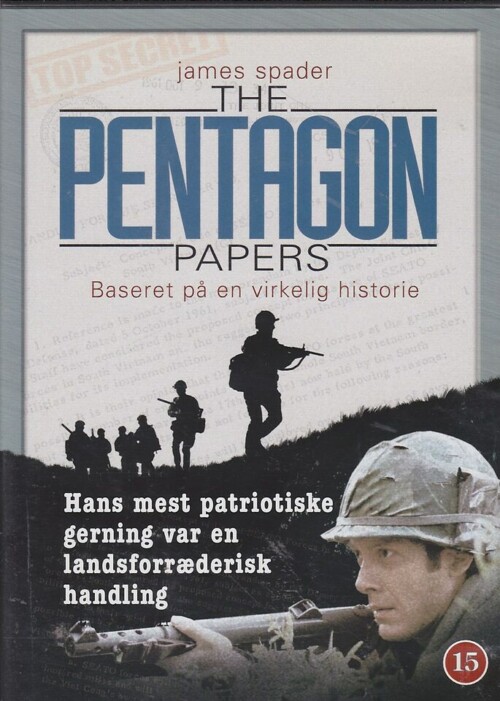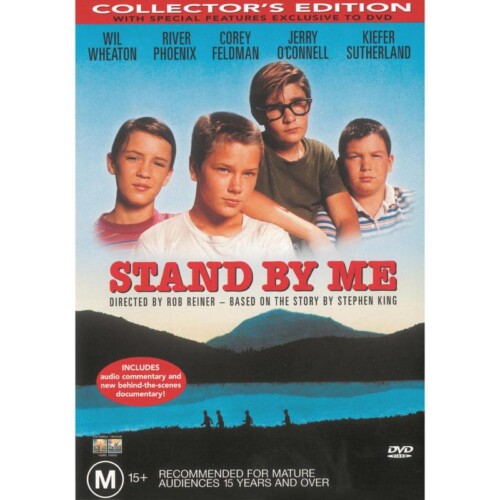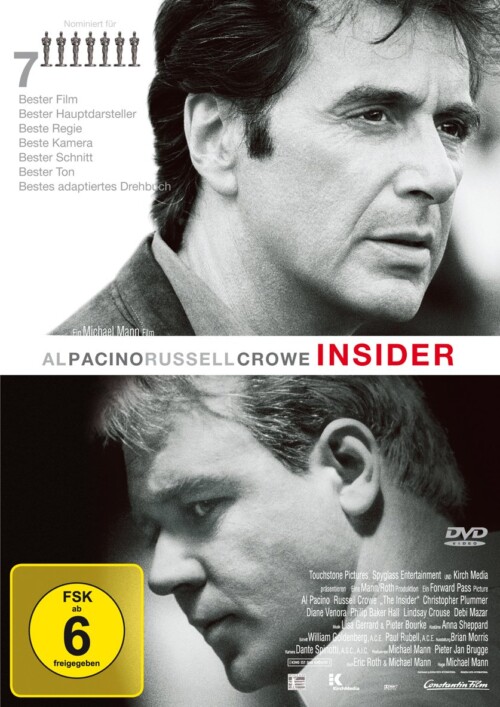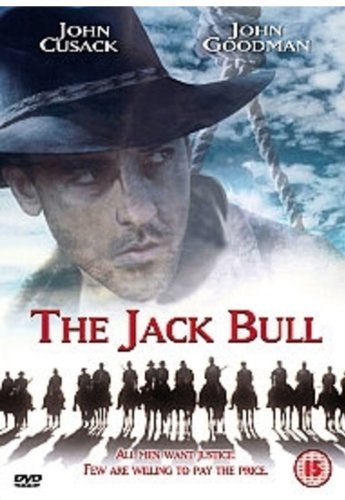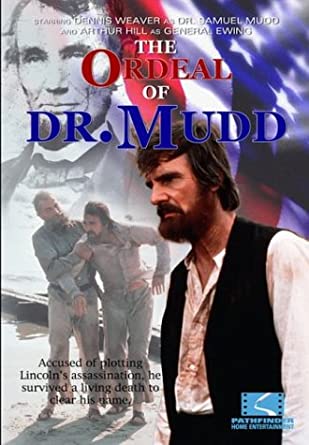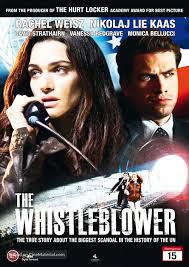“Take the six-foot rule. It’s common sense that the farther apart people are—remember our imaginary hermits in hazmat suits in South Dakota—the less likely they are to pass an infection to each other. The coronavirus seemed especially deadly in many places with high population density, such as New York City. But what’s so special about six feet? As it turns out, not that much.
Experts agree that we can pass the flu virus either by contact (as when snotty hands touch a handrail, which is touched by other hands) or by droplets (spray from a cough) or by aerosol (microscopic mist from coughs, sneezes, or speech). We know that aerosol particles can stay suspended in air for hours, and small droplets for minutes.
https://www.journalofinfection.com/article/S0163-4453(10)00347-6/fulltext
https://www.tandfonline.com/doi/full/10.1080/15459624.2012.684582
https://www.pnas.org/content/pnas/101/50/17383.full.pdf
Yet for years public health officials have downplayed airborne transmission. A WHO document, for instance, describes how larger droplets are “assumed to be the main mode of transmission for influenza.” That’s a key assumption, since the six-foot separation rule hinges on it.
https://www.pnas.org/content/early/2020/05/12/2006874117.long
Six feet has merit for avoiding big droplets, but it provides a false security if smaller droplets and aerosols play a large role in transmitting a virus, as many studies have indicated.
https://www.who.int/influenza/resources/research/research_agenda_influenza_stream_2_limiting_spread.pdf
That applies to the coronavirus as much as to the flu. A study published during the pandemic showed that the new coronavirus, like the earlier SARS-CoV-1, hangs in the air for over an hour in aerosol form.
https://link.springer.com/article/10.1007%2Fs11538-007-9281-2
https://www.ncbi.nlm.nih.gov/pmc/articles/PMC3682679
Even for protection against large droplets, the recommended distance varies. WHO said 1 meter, or about 3 feet, a number the CDC agreed with because of SARS research.
https://www.nejm.org/doi/full/10.1056/NEJMc2004973
Taiwan went with 1.5 meters. https://www.cdc.gov.tw/En/Bulletin/Detail/kM0jm-IqLwNBeT6chKk_wg?typeid=158
A U.S. Army colonel and chief of Preventive Medicine Services, Public Health Command Europe, said, “I recommend you stay 12 feet apart. https://www.stripes.com/news/europe/one-meter-six-feet-how-social-distancing-guidelines-vary-across-countries-1.625118
Some scientists in the UK complained that the two-meter rule (about 6.5 feet) adopted there was based on “very fragile evidence.” https://www.dailymail.co.uk/news/article-8339837/Government-scientist-says-2m-social-distancing-rule-based-fragile-evidence.html
So the six-foot rule is cold comfort. If you walk through a grocery aisle where an infected person was speaking a minute or two earlier, you’ll probably inhale small droplets or aerosol particles from that person. Outdoors, where even a gentle breeze quickly sweeps aerosols away, your odds are much better. That fits with a recent report that coronavirus transmission to multiple people almost always happens indoors.” https://www.medrxiv.org/content/10.1101/2020.04.04.20053058v1
Utdrag fra boken the price of panic som kan lastes ned her https://1lib.eu/book/6027085/c6551a

